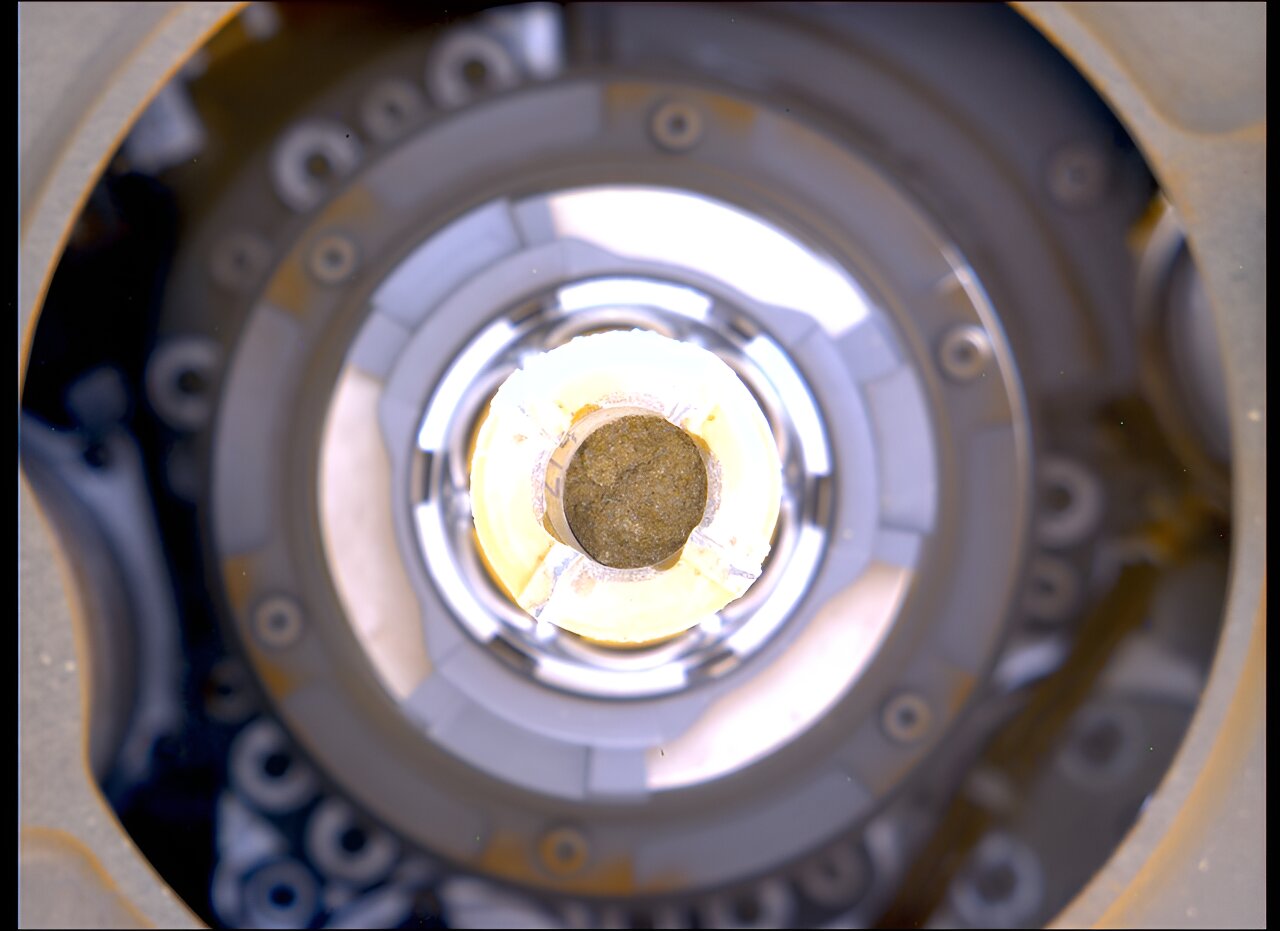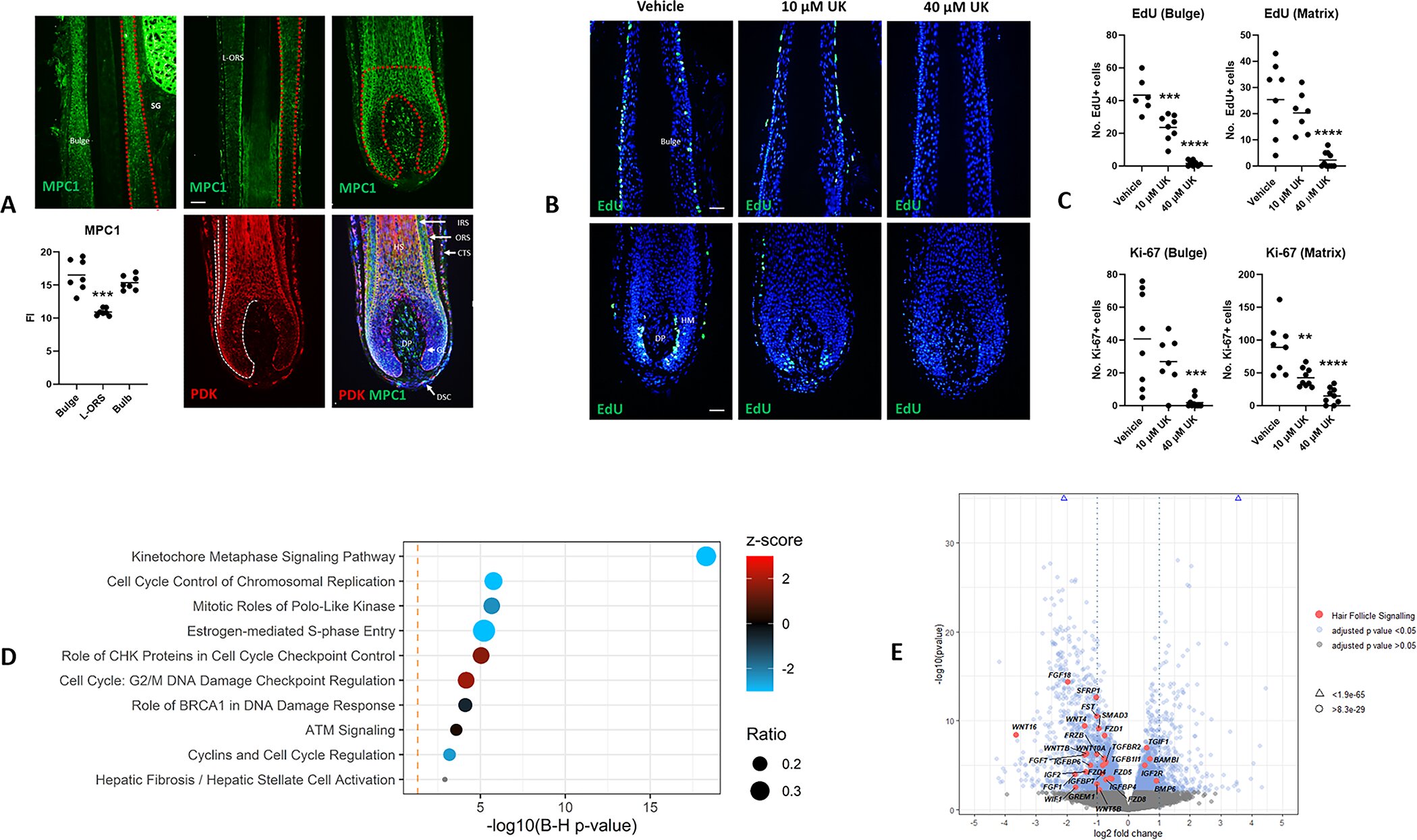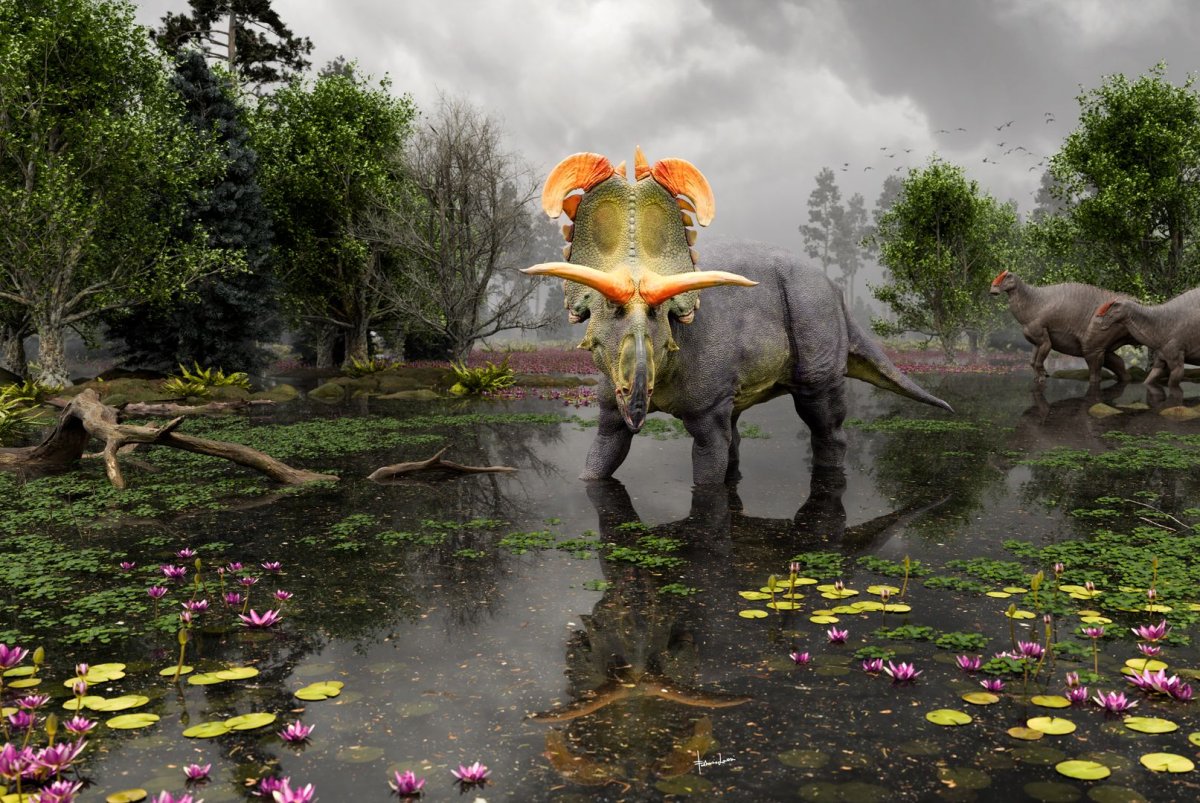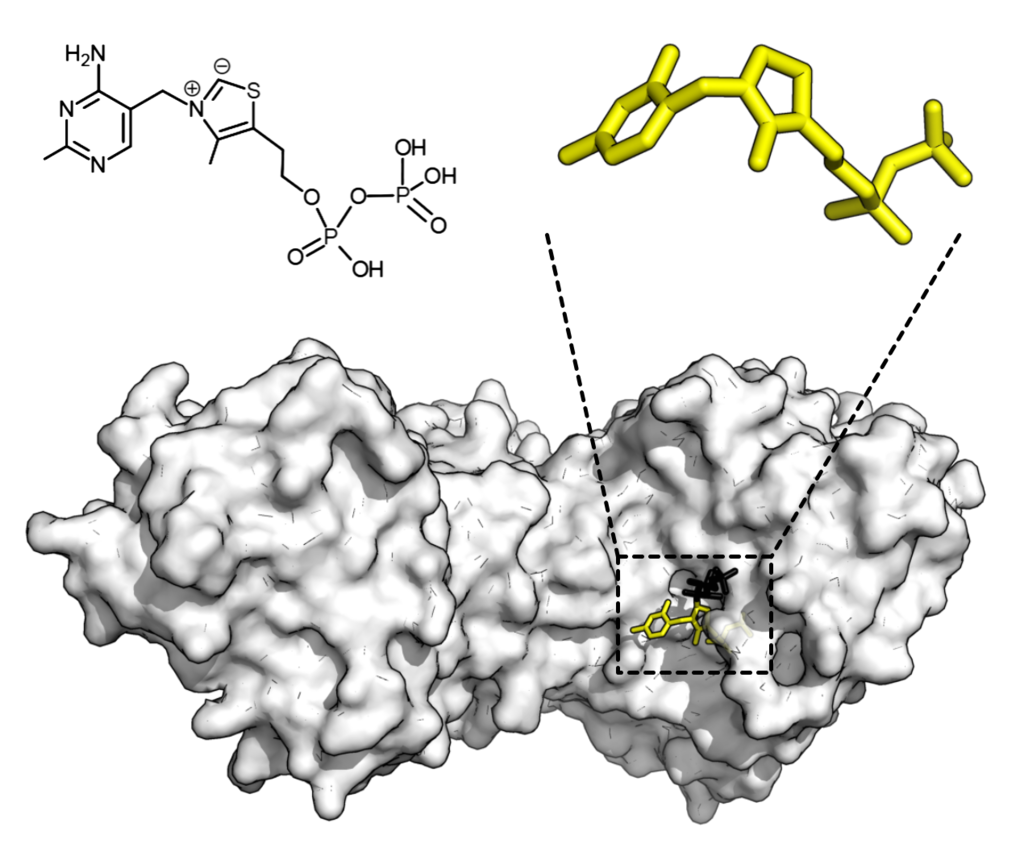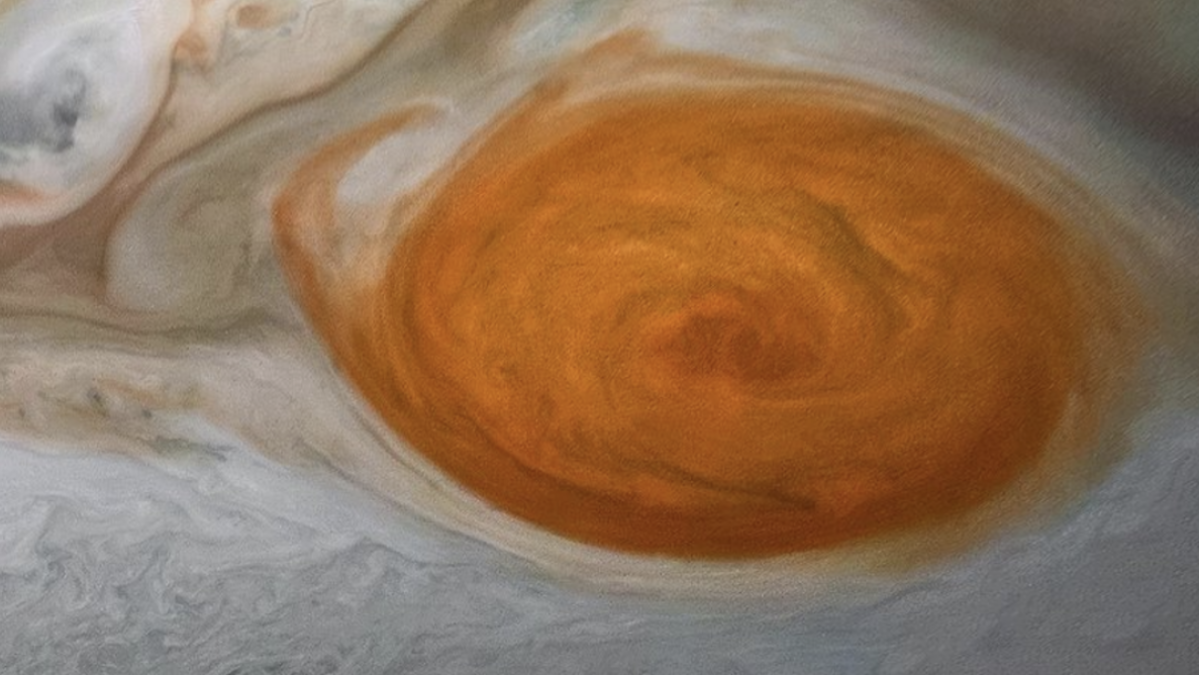Boothbay-based Bigelow scientists detect rare signs of climate resilience
The Continuous Plankton Recorder sails across the North Atlantic Ocean. Photo from the Marine Biological Society The world’s oceans are 95% unmapped and impact us in ways we may not fully understand. New research from the Boothbay-based Bigelow Laboratory confirms just that. According to Dr. Karen Stamieszkin, lead author of the study, mysteries do not … Read more

